14 Inspiring Creatives Share Their Description of The Relationship Between Art and Mental Health
Art as a form of soul expression, a relief valve, a healer, a way to make sense of the world ... but it's also complicated ...
I work with artists/writers/creatives to help them understand the relationship of health to creativity in their own lives in order to achieve holistic wellness and success.

I am humbled and inspired by all of the amazing people who have allowed me to interview them about art and mental health over the years, whether about crochet as therapy for my earlier books and the monthly column I wrote for eight years or more recently about visual art and writing shared mostly here on Substack. One of the questions I started asking along the way is:
In your own words, what is the relationship between art and mental health?
I ask this towards the end of interviews, after we’ve been discussing the topic for a bit and we’ve both had time to sift through a bunch of complex thoughts about it all. Here are 14 interviews, published in full here on Substack, in which people answered this question. Share your own answer in the comments! And be sure to go read the full interviews …
: “Art helps us to share thoughts for which we don't always have words, so we can communicate more about where we are at, and share concepts that are very complex. It's also a relief valve, because we ARE expressing those deeper things.” says: “I believe art is a form of soul expression and being deprived (or depriving the self) of creative expression is not benign. I believe it can lead to very poor mental health, loss of self esteem, self-direction.” says: “I'm not totally sure I know how to answer this. There are so many aspects to both, and many different touch points given individual and societal context and identities. I do think the relationship can fluctuate given a lot of different factors. I do think our mental states impact our relationship to art in many ways (positive and negative and neutrally). There is a lot to unpack in this relationship--individually, communally, and globally.” says: “I believe creating is how we heal and protect our mental health. It’s how we express ourselves and connect to others in ways we might not normally have. Creating gives us time and space to process our feelings and emotions while developing our intuition. There are so many ways to create with intention in our day-to-day lives, such as cooking, decorating, or arranging flowers, to name a few. I believe art and creating can help us heal.” says: “In my eyes, art and writing is how I make sense of my world. I'm often confused, depressed, and feel without a purpose. My writing is always there. George Carlin once talked about how a writer could never commit suicide. They'd go to write their note and end up writing a book, giving them a reason to live.Art and writing for me comes from the soul, but the mind can be a tricky place, with dark corners. Writing brings me to understand the deeper parts of my being. It's how I express myself. It keeps me going.”
says: “Mental ill health is undoubtedly helped by art making but it also makes the art making harder. If the art making is threatened that will also threaten mental health. It's not about physical threat - it's much about being silenced and having your sense of internal personal integrity threatened. If you don't feel safe to express yourself or feel that you will be suppressed if you do, then that is detrimental to mental health but the exercise of self-expression especially when it is accepted in the world in some way is supportive of mental health.” says: “I think protecting your mental health and working towards healing your traumas and wounds is the best way to foster your creativity. When that isn’t possible, look to art and experiences to find hope, community, and inspiration. Art has the power to heal.” says: “I think art can both support and hinder mental health. It very much depends on how much acceptance and self-love we can develop around the artistic process. When we can let go of our desire to control, our longing for things to look a certain way, art becomes a pathway to spiritual growth (and thereby mental health).” says: “Writing for me is the most natural way to see something. Whether that is in my own journal, writing an essay about a particular person or life event, or reading someone else's experience- fictional or personal account. I believe we are all creative in some capacity, but we often have narrowed ideas of what creativity means. Some people feel connected to music, some to writing, some to painting, and I think we all recognize those as "art" or creativity. But others are problem solvers and it feels natural to them to work through a situation in a way that would be unseen by others. Some people can put 10 random ingredients together that seem like they would be terrible together, but they end up lighting up all the tastebuds. Everyone has a creative side, but sometimes we have to expand our understanding of creativity to see it. I believe when we are able to fully express that part of us, it helps to align the holistic self so we can live fully into who we are. That goes a long way for mental health- being able to fully express ourselves. “ says: “I think at its best art can be a wonderful way to work out your feelings and explore your relationship with the world. It's very easy, though, for a symbiotic relationship with art to degrade into a parasitic one without ever knowing. When that happens, the work that used to help you survive starts to kill you and you have to create new pathways to survive. It's hard to do that when you actively know what is happening, but when you don't recognize it's happening, it's impossible without help.”Bunni says: “Art has always been something attached to the mental health of a person. It’s what makes the ability to have so many different styles exist. As artists, we need to learn how to avoid ignoring mental health issues. And instead find a way to work with it and paint something beautiful that uses the dark side of emotion to tell the story and keep record of when we were at that low point and when we reached the other end of that stretch.”
says: “I believe art is essential to being human. It’s required for human well-being.” says: “Consciousness is incredibly complex and art is an outlet for things that feel unspeakable or unsayable. I often wonder why capitalism needs "brand storytellers." My theory is that commerce coopts the language of art because we all know that commerce is artifice and art is truth. Art exists beyond market forces. Art is a direct connection to the beauty and the pain of human experience. I feel that not all psychology is literature, but all literature is psychology, and I'm going to make a big claim, but I feel that art *is* mental health.”Leon Macfayden says: “Art in all it's forms is the closest thing I've found to the meaning of life. Anyone who has ever marvelled at a painting or listened to a Symphony will have felt that feeling. We can live without art but we can't LIVE without it.”
It’s your turn: Share your answer in the comments to the question:
“In your own words, what is the relationship between art and mental health?”
If you read this far, perhaps you liked the work. The work does take work. It only continues with support, so please consider subscribing.

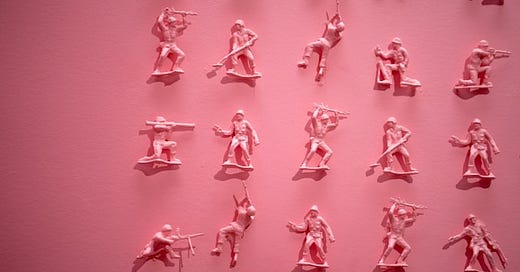




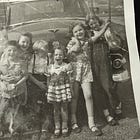
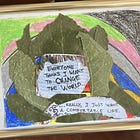
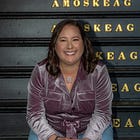
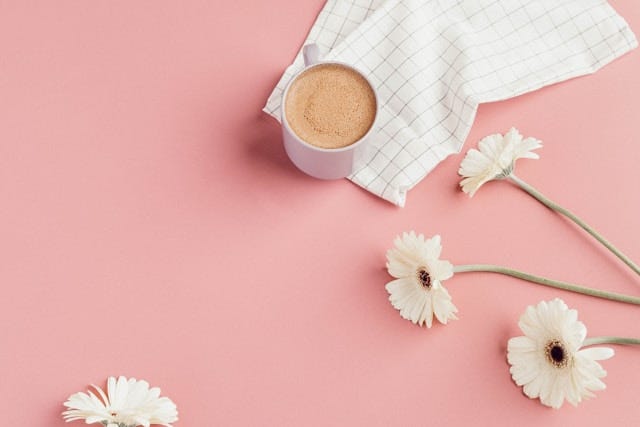
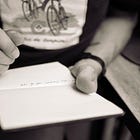
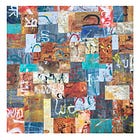

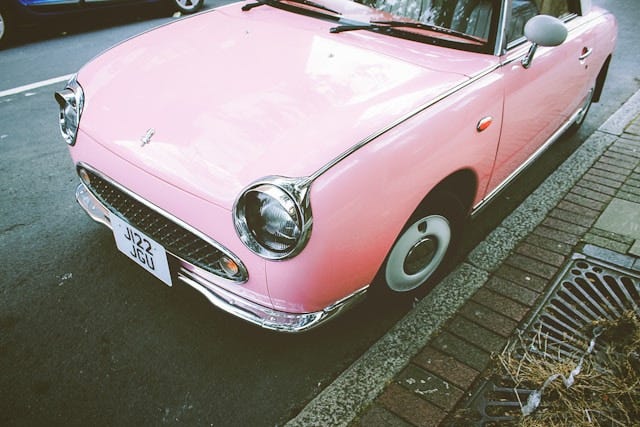
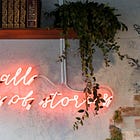


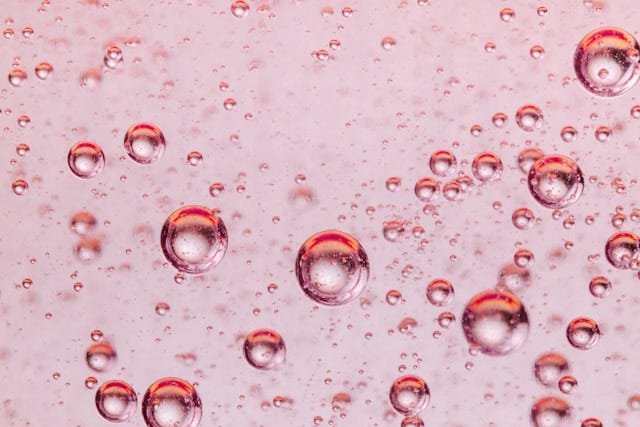
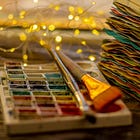
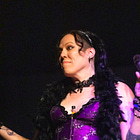

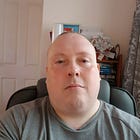

Thank you for the mention, and for letting me participate! I found the interview very thought provoking. A lot of your questions made me have to articulate certain things in a way I hadn't previously.
What a wonderful piece to read. I don't know anyone else who edifies people who are struggling with mental health. Thank you!